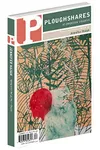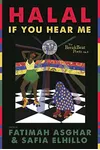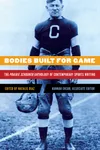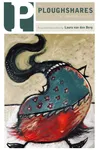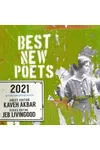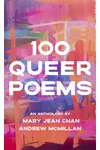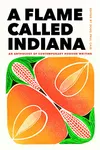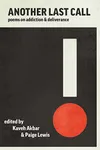Picture an Iranian American poet weaving stories of identity, addiction, and redemption with lyrical brilliance—meet Kaveh Akbar! His bestselling novel Martyr! and evocative poetry collections have captivated readers, blending raw emotion with cultural depth. From Tehran to Iowa, Akbar’s journey as a writer and educator has made him a shining star in contemporary literature.
Born in 1989, Akbar’s unique voice resonates with those navigating dual identities, making him a cherished figure for readers seeking authentic storytelling. Let’s dive into his life, works, and lasting impact!
The Making of Kaveh Akbar
Kaveh Akbar was born in Tehran, Iran, and moved to the United States at age two, growing up across New Jersey, Pennsylvania, Wisconsin, and Indiana. His multicultural upbringing shaped his exploration of identity and belonging. Akbar earned a bachelor’s degree from Purdue University, an MFA from Butler University, and a PhD from Florida State University. His early love for poetry, sparked in high school, became a lifeline during his struggles with addiction, helping him find sobriety and purpose.
Before becoming a celebrated author, Akbar founded Divedapper, a platform for poet interviews, and became Poetry Editor at The Nation. His passion for amplifying voices led him to direct the undergraduate creative writing program at the University of Iowa, where he inspires future writers.
Kaveh Akbar’s Unforgettable Stories
Akbar’s poetry and prose are a tapestry of spirituality, addiction, and cultural heritage, delivered with painterly lyricism. His debut poetry chapbook, Portrait of the Alcoholic (2017), is a raw, lyrical exploration of his addiction and recovery, praised by poet Patricia Smith as “seductive.” His first full-length collection, Calling a Wolf a Wolf (2017), delves into the exchange of “spirituality for spirits,” earning acclaim for its beauty and generosity.
Pilgrim Bell (2021) takes readers on a spiritual journey, grappling with faith and displacement. Akbar’s debut novel, Martyr! (2024), a New York Times bestseller and National Book Award finalist, follows Cyrus Shams, an Iranian American poet obsessed with martyrdom after his mother’s death in the 1988 Iran Air Flight 655 tragedy. The novel blends humor, pop culture, and profound themes, showcasing Akbar’s ability to make heavy topics accessible and engaging.
His editorial work, including The Penguin Book of Spiritual Verse and Another Last Call, reflects his commitment to diverse voices. Akbar’s style—vivid, introspective, and often humorous—invites readers into his world, making the personal universal.
Why Kaveh Akbar Matters
Kaveh Akbar’s work resonates deeply in contemporary literature, particularly for immigrant and marginalized communities. His fearless exploration of addiction, identity, and spirituality offers a mirror for readers seeking meaning. As a Guggenheim Fellow and TIME100 Next List honoree, Akbar’s influence extends beyond his writing. His role as an educator and editor amplifies new voices, fostering a more inclusive literary landscape.
Akbar’s ability to weave Persian heritage with American pop culture creates a unique narrative that bridges worlds. His work challenges readers to confront big questions—about faith, survival, and art—while remaining approachable and heartfelt, ensuring his lasting impact.
About Kaveh Akbar
- Born: January 15, 1989, Tehran, Iran
- Key Works: Martyr!, Calling a Wolf a Wolf, Pilgrim Bell, Portrait of the Alcoholic
- Awards: Guggenheim Fellowship (2024), Ruth Lilly and Dorothy Sargent Rosenberg Poetry Fellowship (2016), National Book Award Finalist (2024)
- Fun Fact: Akbar traded pages with novelist Tommy Orange while drafting Martyr!, calling it their “band.”
Ready to explore Kaveh Akbar’s lyrical world? Snag Martyr! or Calling a Wolf a Wolf and dive into his unforgettable storytelling!

